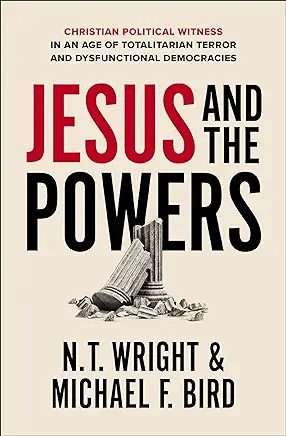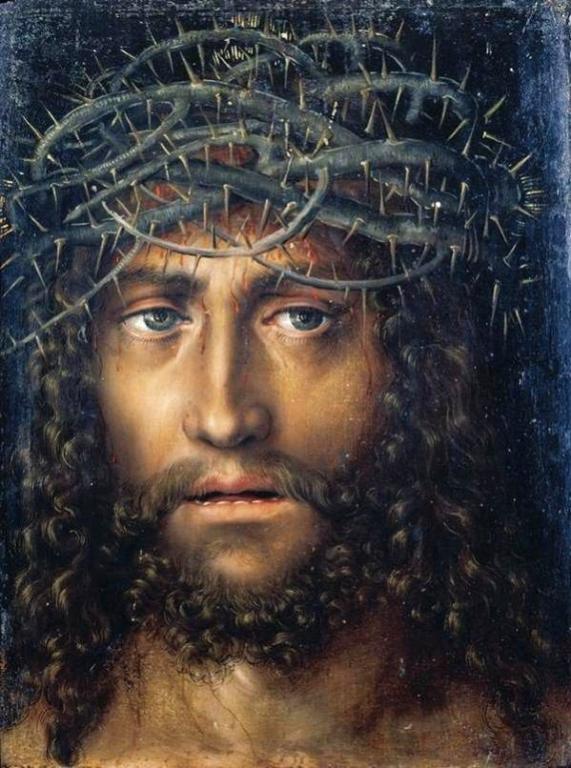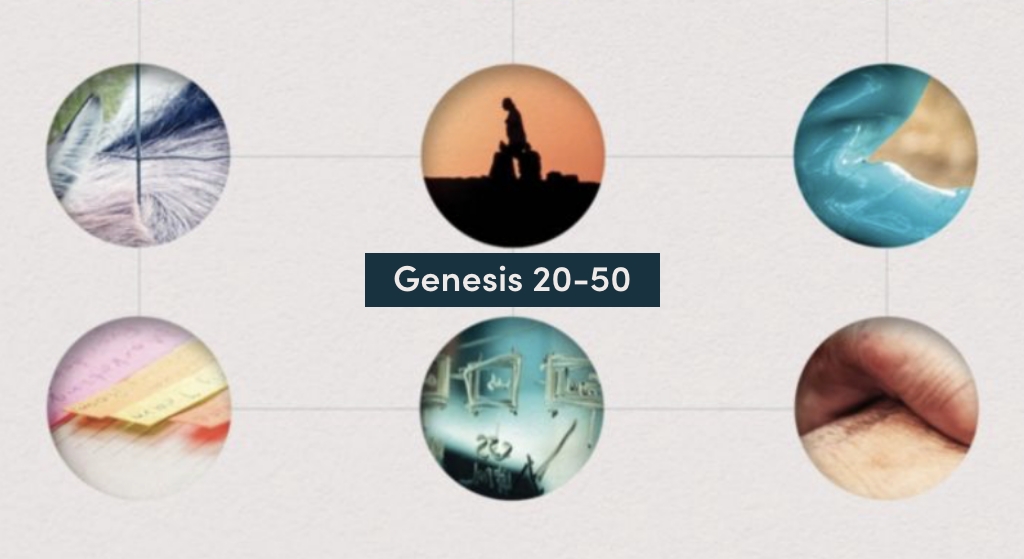Q. It seems clear enough to me that angels and demons, like the Devil himself, are beings or creatures, nor merely forces to be dealt with. How would you view this matter?
A. Tom’s chapter is very good on this. He points out that the powers are to be, in some way, pacified and reconciled. Now, I doubt that that extends to the Devil himself, his rebellion is of such a nature that judgment is required. However, there is something right in thinking that the entire cosmic order, angels, powers, principalities, will be put to rights as Tom would say. Such seems to be the line of thinking especially so in Colossians and Ephesians.
Q. While we are on that subject, I don’t think that the death of Christ on the cross and its effect on the principalities and powers, warrants an a-millennial view of eschatology where Rev. 20 is viewed as saying Satan is sequestered away from the human world, and not allowed to bother the world during the church age. The early church was often non-Dispensational pre-mil in its theology, or as it is called historic pre-mil, and it is not until we get to chaps like Eusebius and Augustine do we get serious push back to that theology. I would view the cross as D-Day, the turning point in the battle vs. Satan and the powers, not the vanquishing of those powers altogether. The ruler of this world is judged, but he’s still engaging in rear-guard actions, only now Christians have the Spirit and the armor of God against him and cannot be compelled to give way to temptation, or follow Satan’s lead. How would you view this?
A. Ben, this is where you and I need to sit down with Tom and discuss the case for a historical pre-millennial reading of Revelation 20. I do that a bit in my book Evangelical Theology, but I think Tom is more amill with some post-mill sympathies. That said, the best argument I’ve ever read for an amill reading Revelation came from the great Methodist New Testament scholar I. Howard Marshall!









 English (US) ·
English (US) ·